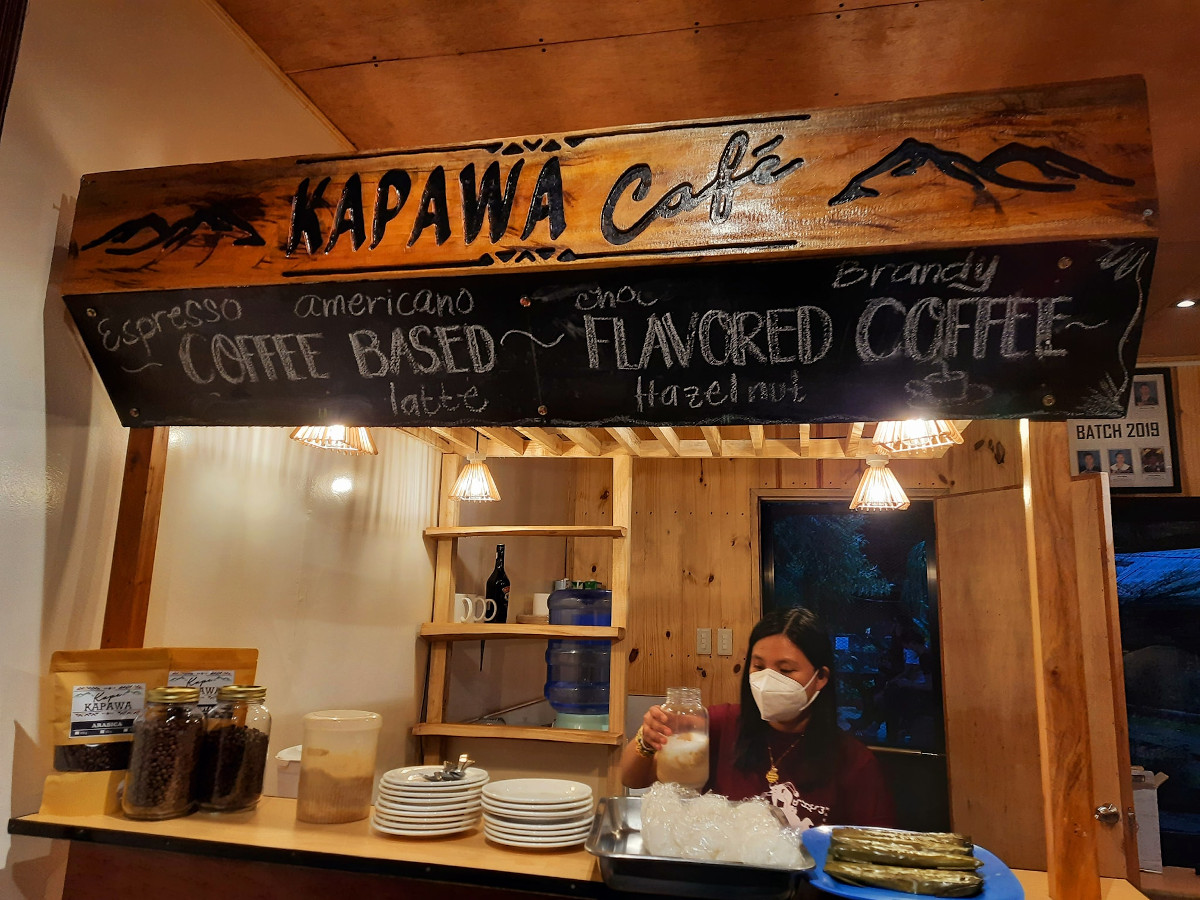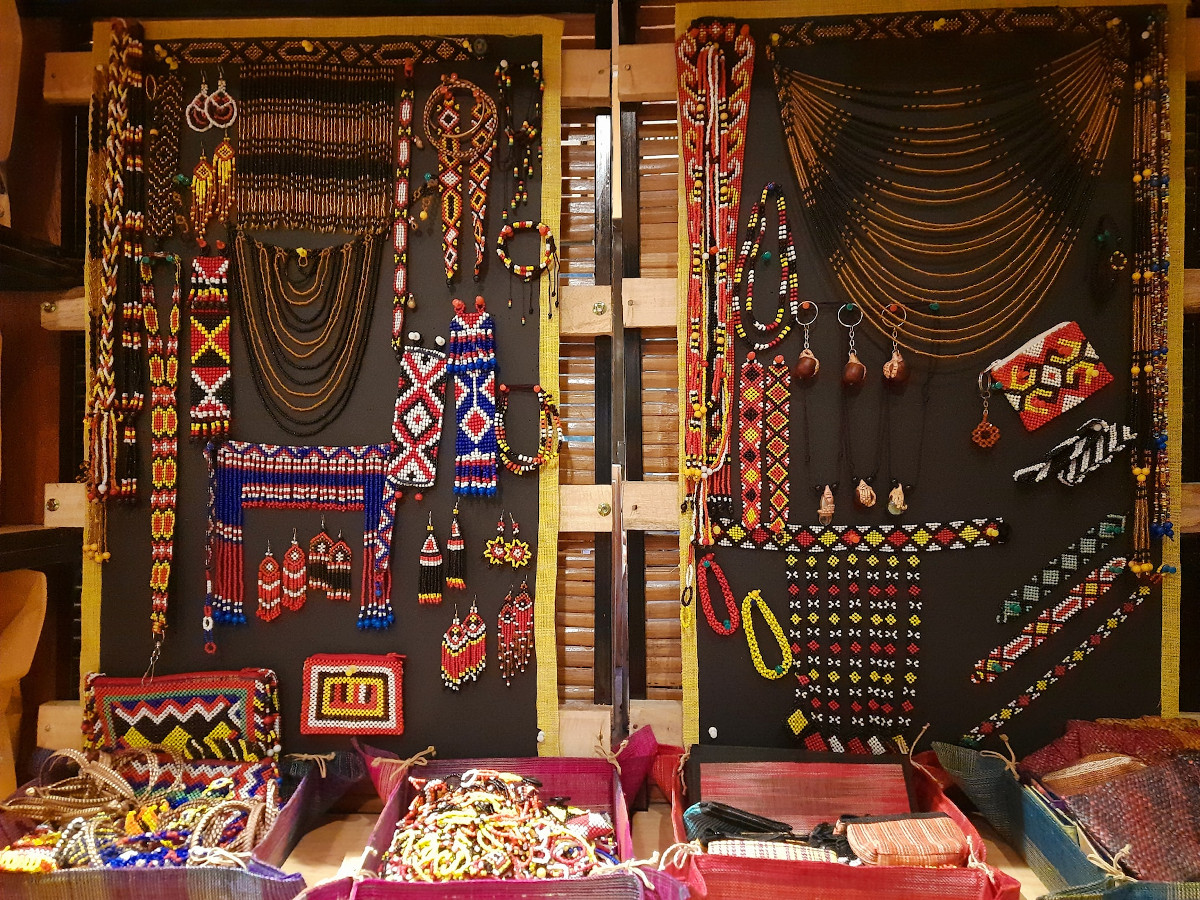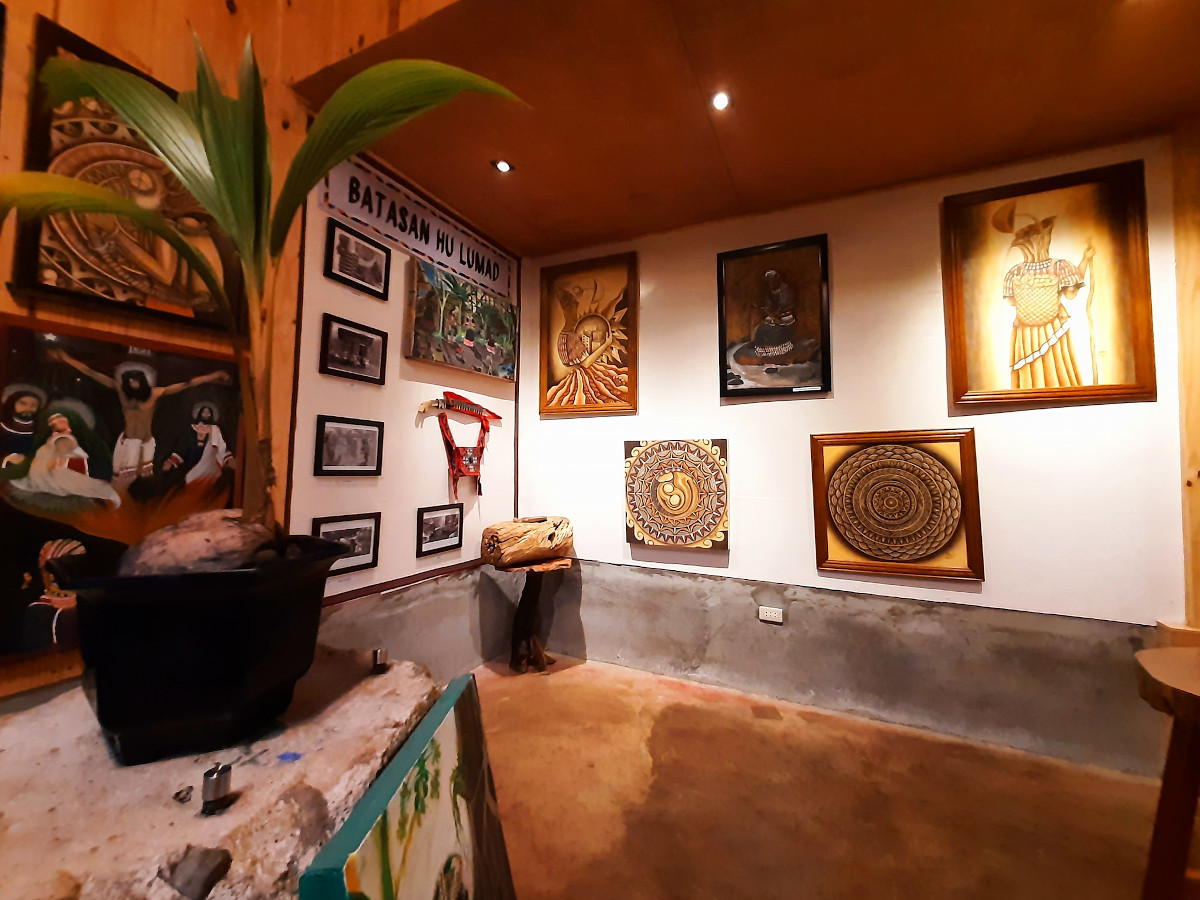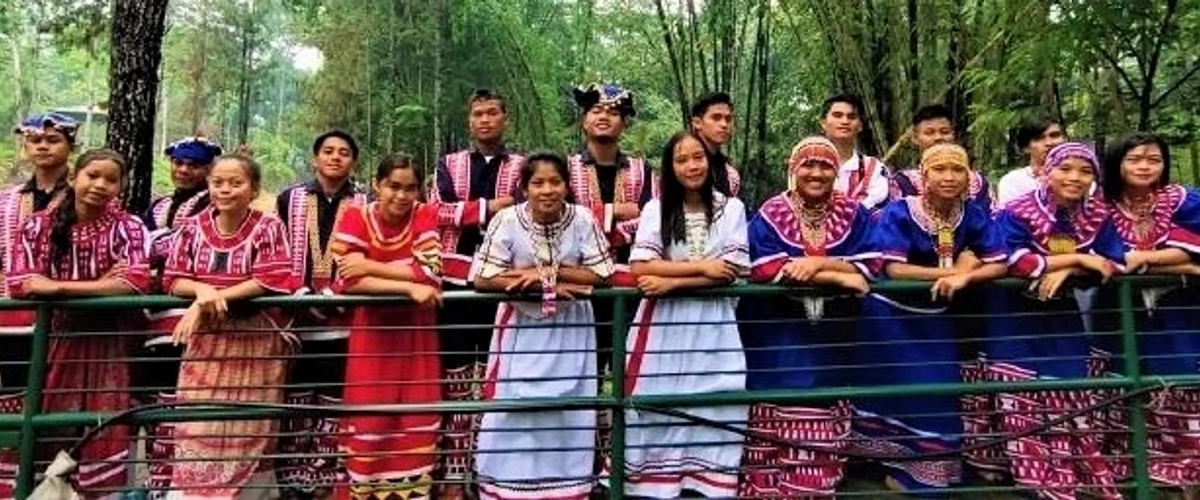
The Jesuits in the Philippines have a strong ministry with Indigenous Peoples (IP), particularly in Bukidnon in Mindanao, where more than half of the country’s indigenous population lives. In 2017, the Jesuits of the Bukidnon Mission District, which takes charge of the IP ministry, began a college scholarship programme called Kapawa hu Paglaum (Light of Hope). The programme has a modest goal of educating 100 indigenous youth in a space of 10 years to empower them to become the leaders of their tribes. The scholars themselves decided on the name, which to them represents both the promise and the challenge for them to be the light of hope to their tribes.
The programme aims to provide 50 scholarships for school year 2021-2022, and although it has benefitted from the generosity of many people who give to the Philippine Jesuit Foundation, there is also the realisation that in order to be sustainable, it ought to have other sources of funds.
“We cannot just beg all our lives to send IP scholars to college!” says Fr Bros Flores SJ, Coordinator for both the Jesuit IP Ministry in Bukidnon and the Ministry to Indigenous Peoples of the Jesuit Conference of Asia Pacific.
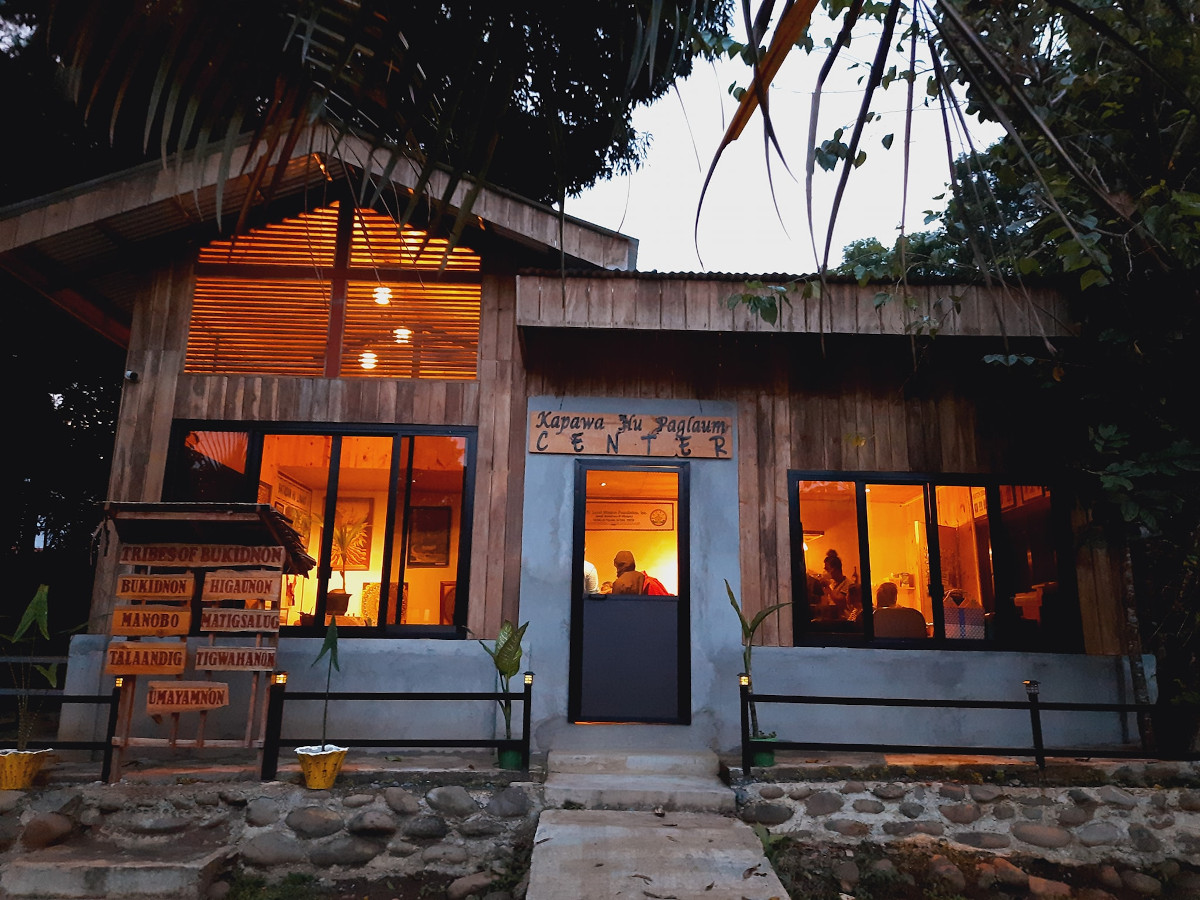
As a social enterprise, Kapawa is part of a bigger goal to provide opportunities for indigenous communities to rise above poverty by helping them organise themselves towards positive outcomes. The concept and operation of the café are handled mainly by them.
“The IPs have to survive not simply from dole outs, which we used to do,” says Fr Flores. “We have to guide them in seeking sustainable livelihoods.” By helping indigenous communities mobilise themselves, the Jesuits are able to bring indigenous talents, intelligence, and resourcefulness to bear. “In the end, we want them to regain their dignity, sense of pride, and identity as indigenous peoples,” he says.
Getting access to capital is a major challenge. Fr Flores and his team have done well in working within the capital provided by their benefactors, but there is still need to purchase an excellent coffee machine and other paraphernalia for a café. Their plan is to acquire them using sales from the café and shop or through donations. Fr Flores highlights the importance of collaboration since the Jesuits have neither the experience nor expertise to run an enterprise such as this. The staff needs to be trained in coffee preparation and pastry baking. There is an outstanding offer for training, but the pandemic has hindered them from sending personnel to Manila.
Nothing they have encountered so far is insurmountable. If anything, their experience speaks to the ability and resilience of indigenous communities not just to survive but to thrive. To date, Kapawa hu Paglaum has produced 12 graduates who specialise in fields as varied as midwifery, automotive technology, hotel and restaurant management, tourism, electronics and communications engineering, elementary education, and agriculture. Eight are now gainfully employed, seven have returned to their communities to serve in the Jesuit mission, one is a volunteer for the Assisi Foundation’s programme for Indigenous Peoples, and another is a postulant for the Comboni Missionaries.
If some people still think that traditional ways of knowing and being are a thing of the past, they need only look at the indigenous youth in Bukidnon. These young men and women are learning, serving, and creating new opportunities on traditional lands their ancestors have occupied for millennia.
To purchase locally grown coffee beans and other ethnic products from Kapawa café and shop, visit their Facebook page at @kapawasocialenterprise.

